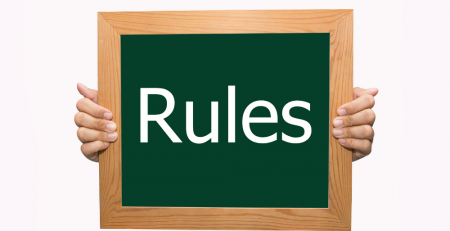Remote commissioning – getting the stamp of approval
Whilst the COVID-19 pandemic placed numerous hindrances on our daily lives and forced humanity to re-evaluate what we perceive to be “normal”, such hindrances also provided opportunities. Opportunities to overcome obstacles and find innovative ways to get the job done.
One of the many industries which faced such challenges was the legal fraternity. These challenges stemmed from strict rules of court and legislation in which failure to comply could result in applications being dismissed on technicalities. Although many, including myself, argue that many rules of court are somewhat antiquated, the law, by nature, is always open to being challenged — which leads to its progression to be in line with the times.
One of the many challenges faced by litigants in a time when face-to-face interactions are advised against is how to comply with the Regulations Governing the Administration of an Oath or Affirmation (“the Regulations”), which were effected by the Minister of Justice and Constitutional Development in terms of section 10(1)(b) of the Justices of the Peace and Commissioner of Oaths Act 16 of 1963 (“the Act”). Regulation 3(1) prescribes that a deponent shall sign a declaration in the presence of a commissioner.
Litigants very often found this Regulation to be impractical even before the lockdown measures were put in place. With the lockdown regulations in place, this became even more difficult and sometimes impossible. However in the case of S v Munn[1] it was confirmed that the Regulations are directory and non-compliance would not invalidate an affidavit, provided that there was substantial compliance with the Regulations.[2]
What needs to be borne in mind is that the reason for the requirement of being in the presence of a commissioner is to ensure that the evidence presented in an affidavit is irrefutable because the commissioner will confirm: the identity of the deponent; and that the deponent was not under duress deposing to the affidavit.[3]
In Gulyas v Minister of Law and Order,[4] in the presence of a commissioner was accepted to be analogous to within eyeshot, as this provides the commissioner with certainty that the affidavit is being correctly deposed to, and of the identity of the deponent.
Compliance with the Regulation was put to the test in the recent judgment of Knuttel NO and Others v Shana and Others,[5] whereby the deponent to the founding affidavit was infected with COVID-19 making it impossible to depose to the affidavit in the presence of a commissioner. The following procedure, which was confirmed via confirmatory affidavit by the legal practitioner representing the applicant (deponent to the founding affidavit), was followed which evidenced substantial compliance with the Regulations (as directed in Munn):
- The legal practitioner representing the applicant (deponent) emailed an unsigned draft founding affidavit to the applicant with instructions to read, initial and sign it before emailing it back to him.
- The legal practitioner engaged the services of a commissioner of oaths who, in the legal practitioner’s presence in the office of the commissioner of oaths, spoke to the deponent in a Whatsapp video call (being in eyeshot);
- Having identified the deponent as the person she professed to be, the commissioner then posed the usual questions before she administered the oath in the conventional way, except that the deponent initialled and signed the affidavit prior to the video call.[6]
It is noteworthy that the Court found that a separate affidavit from the commissioner of oaths was not required in the circumstances and that the confirmatory affidavit provided by the legal practitioner was sufficient in showing substantial compliance with the Regulations.
In my view, the outcome of this case should not be limited to circumstances where the deponent is infected with COVID-19, and the principle of substantial compliance with the Regulations should be welcomed, provided that the purpose of the Regulations is not undermined. I am certain that the method set out in Knuttel will not be the only acceptable method of remotely commissioning an affidavit and, as time goes by and remote working increasingly becomes the norm, there will be a variety of acceptable methods which will ultimately modernise the Regulations themselves.






